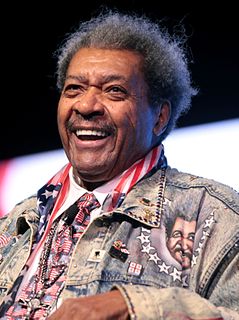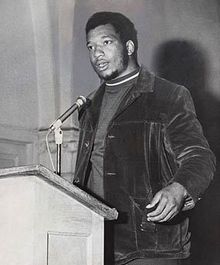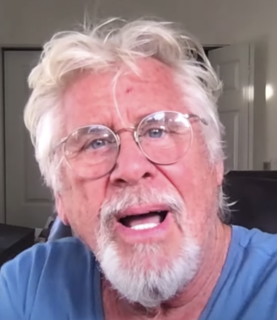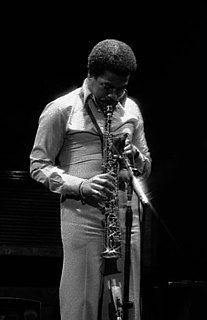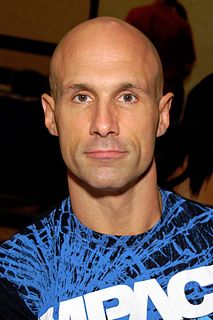A Quote by Noam Chomsky
You win by struggle, and that requires understanding and serious analysis of the options and the circumstances, and then you can do a lot.
Quote Topics
Related Quotes
The game I play is a very interesting one. It's imagination in a straightjacket, which is this: that it has to agree with the known laws of physics. ... It requires imagination to think of what's possible, and then it requires an analysis back, checking to see whether it fits, whether its allowed, according to what's known, okay?
I played a lot of serious parts in a lot of TV movies and early miniseries but what happens is that you get sort of locked into "Oh no, he's a serious actor." Well, I was a serious actor for nine years or 10 years and then I get into comedy and everybody said, "Oh no, he's funny. He can do comedy," and then all of a sudden, you're just a comedy guy.
I was in analysis for many years, and one of the things analysis does is open up forbidden territories. It opens up those unconscious, instinctual urges that you then have to deal with. I'm like a Frankenstein of analysis. I'm able to go back and forth between the world I've created inside of myself and the real world, which is something I think a lot of people who write and paint and make art do.
A liberation struggle is like a struggle against dirt. No matter what type of bath you takein three weeks you'll smell like you've never seen a bathtub. What we don't understand about a liberation struggle is you never win it, any more than you "win" clean dishes. As soon as you eat on them, the dishes are dirty again.
Democracy requires you to learn how to lose as well as how to exercise power when you win. And that requires restraint all around. One of the reasons it works is because when you win you don't do things that are so upsetting to the losers that they feel like they have less, they have more to gain by turning over the system.

